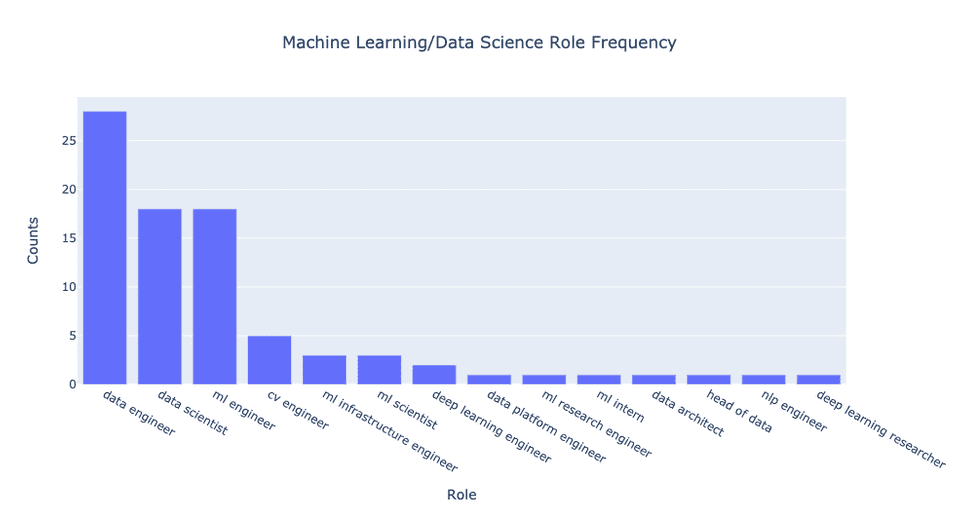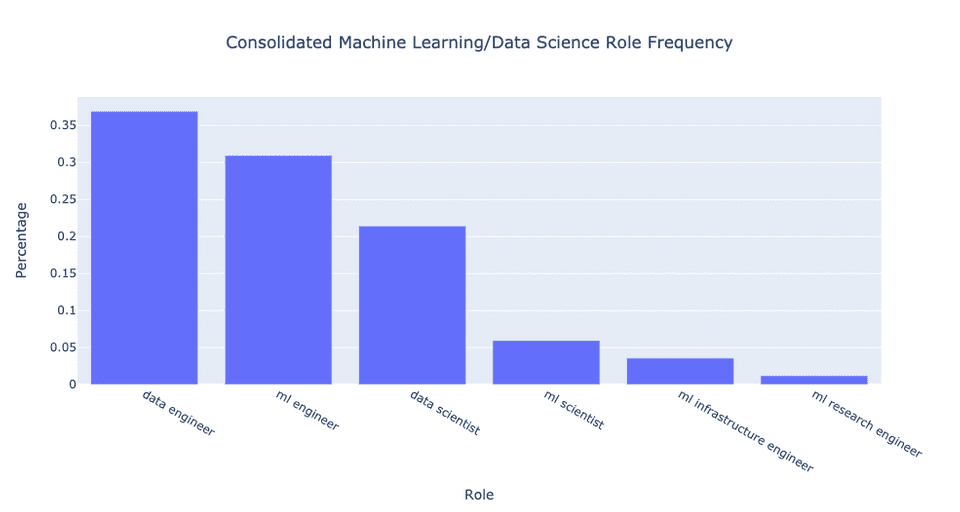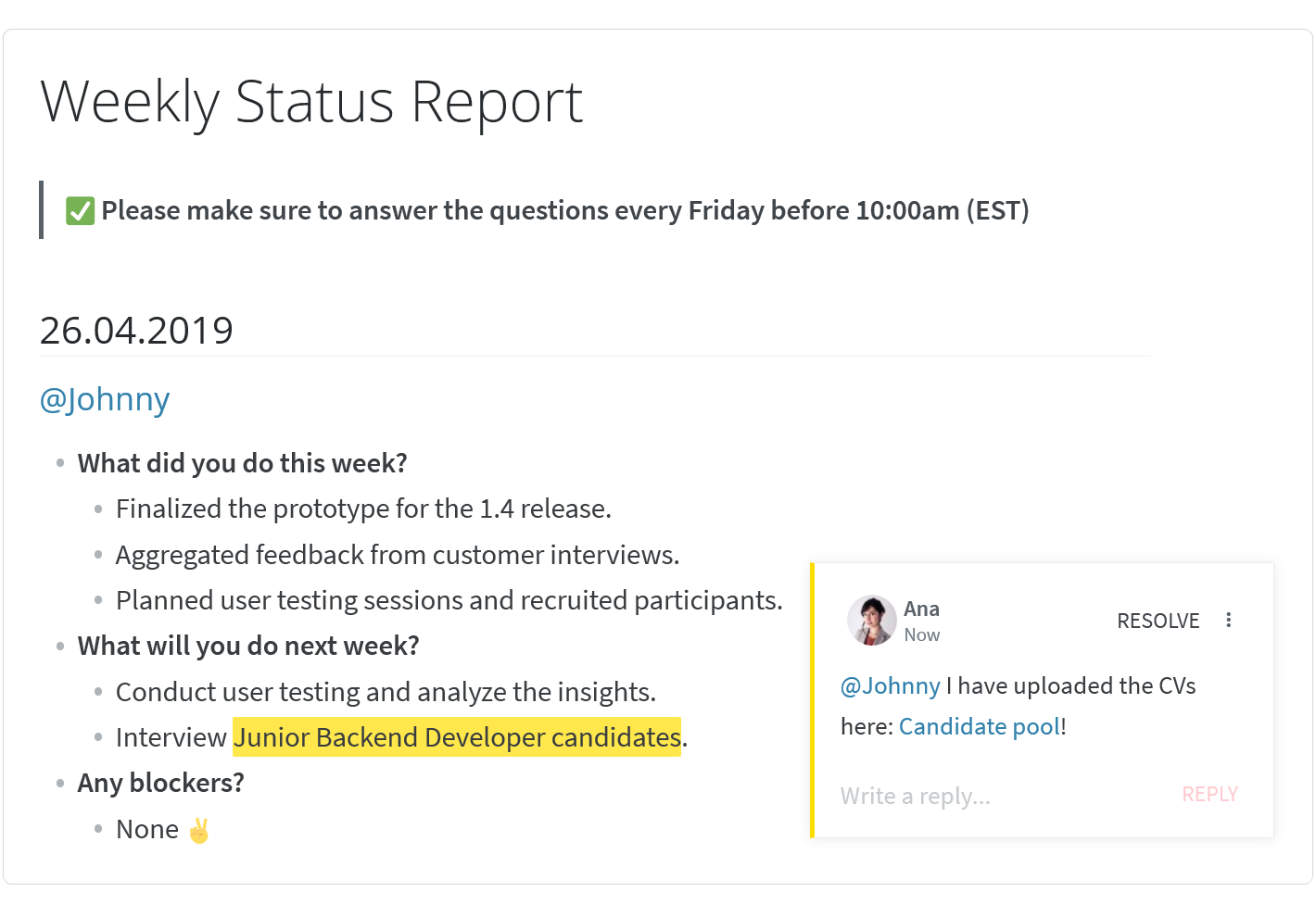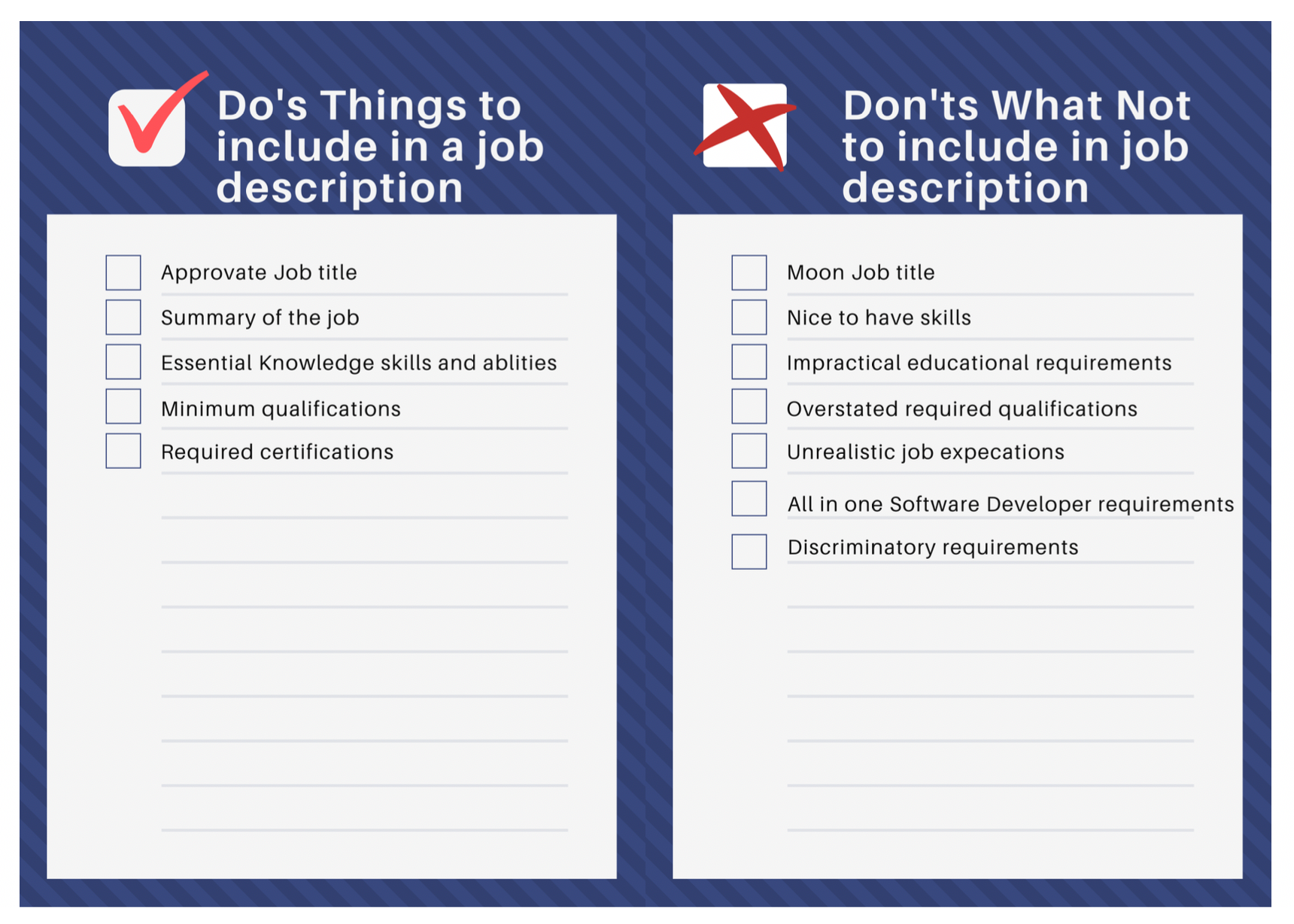Network Technician: As a network technician, you'll be responsible for the day-to-day management, troubleshooting, and maintenance of network infrastructure. This role involves diagnosing and resolving network issues, configuring devices, and ensuring smooth network operations.
Network Administrator: Network administrators manage and oversee the entire network infrastructure of an organization. This includes designing, implementing, and maintaining networks, as well as ensuring security, performance, and scalability.
Network Support Engineer: In this role, you'll provide technical support to end-users and troubleshoot network-related problems. You'll assist in resolving connectivity issues, configuring devices, and offering guidance to users.
System Administrator: While not exclusively focused on networking, a system administrator manages an organization's servers, operating systems, and network infrastructure. Strong networking skills are essential for configuring and maintaining network services within the systems.
Network Analyst: Network analysts analyze network performance, identify bottlenecks, and recommend improvements. They work to optimize network efficiency, monitor traffic, and make suggestions for enhancing the network's overall performance.
Network Security Specialist: Network security specialists focus on safeguarding an organization's network from cyber threats and attacks. They configure firewalls, intrusion detection systems, and implement security policies to ensure data protection.
Wireless Network Engineer: With the proliferation of wireless technology, wireless network engineers design, deploy, and manage wireless networks. They optimize coverage, troubleshoot connectivity issues, and ensure seamless wireless experiences. CCNA Classes in Pune
VoIP Engineer: VoIP (Voice over Internet Protocol) engineers specialize in deploying and managing voice communication systems over IP networks. They ensure the quality of voice calls and troubleshoot any voice-related issues.
Network Designer: Network designers are responsible for planning and creating network architectures that meet an organization's requirements. They consider factors like scalability, redundancy, and security while designing network solutions.
Network Consultant: Network consultants work with clients to assess their networking needs, provide expert advice, and design customized network solutions that align with business goals.
Pre-Sales Engineer: Pre-sales engineers work with sales teams to provide technical expertise during the sales process. They help clients understand how a product or solution will fit into their existing network infrastructure.
Network Trainer or Instructor: If you enjoy teaching, you can become a network trainer or instructor. You'll educate individuals or groups on networking concepts, technologies, and certifications, including CCNA.
Network Operations Center (NOC) Technician: NOC technicians monitor network operations, respond to alerts, and take corrective actions to maintain network uptime and performance. CCNA Course in Pune




 consolidated:
consolidated:







